The key research topics introduce areas of theatrical and historical interest for the study of The Play of the Weather. They concern the history of performance and courtly space or features of the political and social landscape during the early Tudor period, and are designed to aid understanding of the ten scenes into which we have divided Heywood's play. Embedded in each topic are excerpts from video interviews with members of the research team, production team and actors filmed over the duration of the project. These record some responses to and reflections upon the process of staging The Play of the Weather from both academic and performance perspectives.
Jupiter |
|
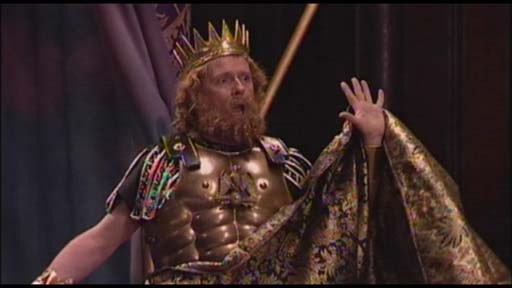 |
The significance of performing Jupiter at the Henrician Court is considered, as well as the various ways in which the role was interpreted during the project. |
The Vice and The Fool |
|
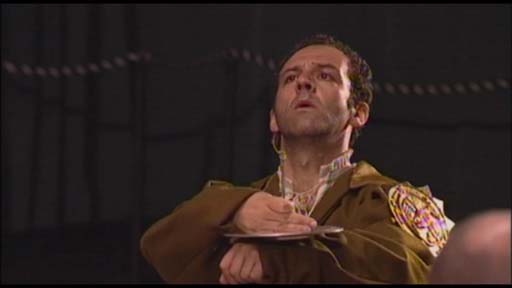 |
A reflection upon the origins, tradition and characteristics of the Vice in the Tudor drama, and the exploration of these in performance. |
The Great Hall at Hampton Court Palace |
|
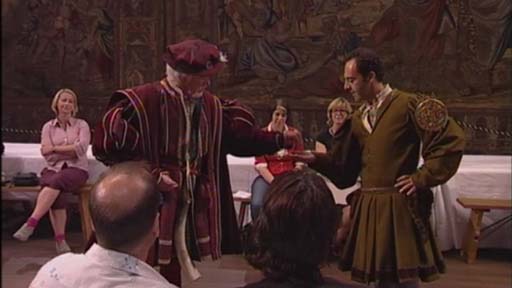 |
A description of the architecture, features and historical function of the Great Hall at Hampton Court Palace. |
Merchants |
|
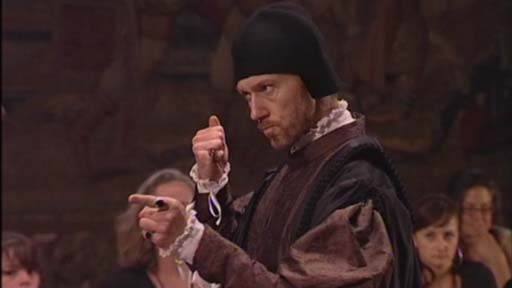 |
The social status of Merchants both in Tudor society and at the court is questioned, as well as their representation in literature. |
The Ranger and Court Servants |
|
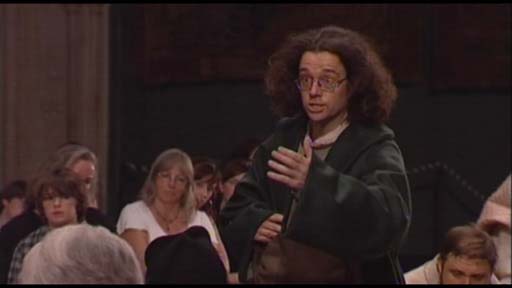 |
Connections between The Ranger and the Henrician court are illuminated through reference to such historical documents as Hall’s Chronicle and The Eltham Ordinances of 1526. |
Audience |
|
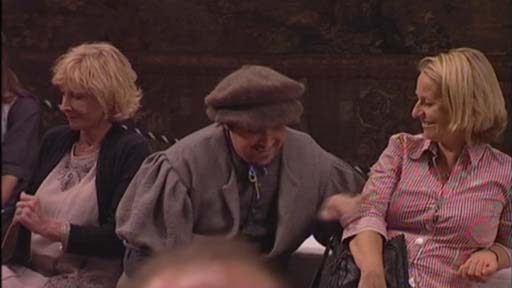 |
Our treatment of the audience during the production comes under the spotlight; specifically the attempt to add formality to their experience by dividing them along lines of gender, as well as the dissolution of the performer/spectator boundary during The Millers’ debate. |
Gender, Performance and the Court |
|
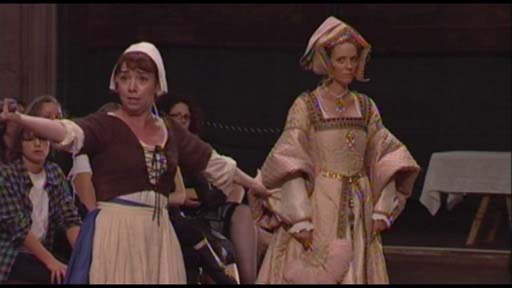 |
The historical evidence for female performance at court is explored, alongside the representation of femininity and class difference in the Play of the Weather. |
Humanism, Education and Political Debate in Henry VIII’s England |
|
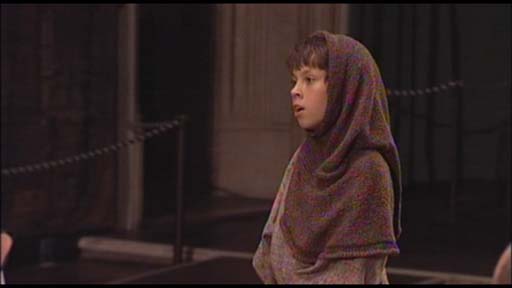 |
The role of humanist ideology in the education of young aristocrats is surveyed, as well as the preparation for public and political life assumed by the humanist curricula. |
Merry Report and the Tudor Politics of Counsel |
|
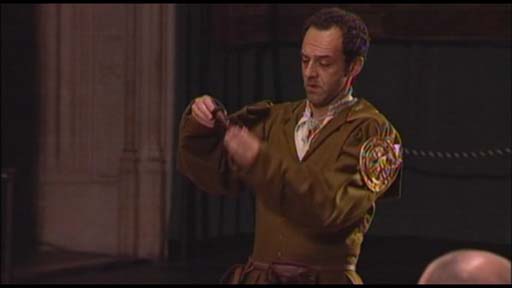 |
A discussion of the representation of political debate in the Play of the Weather, connecting it to the role of performance in solving real political dissent, as demonstrated by the events surrounding the attempted introduction of the Amicable Grant in 1525. |
Political History of 1532 / 33 |
|
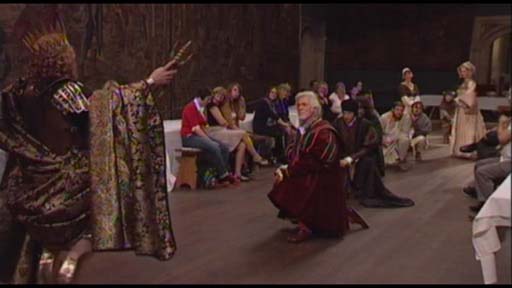 |
The historical and political context in which The Play of the Weather was written and to which it alludes is outlined, notably in relation to the King’s Great Matter. |












